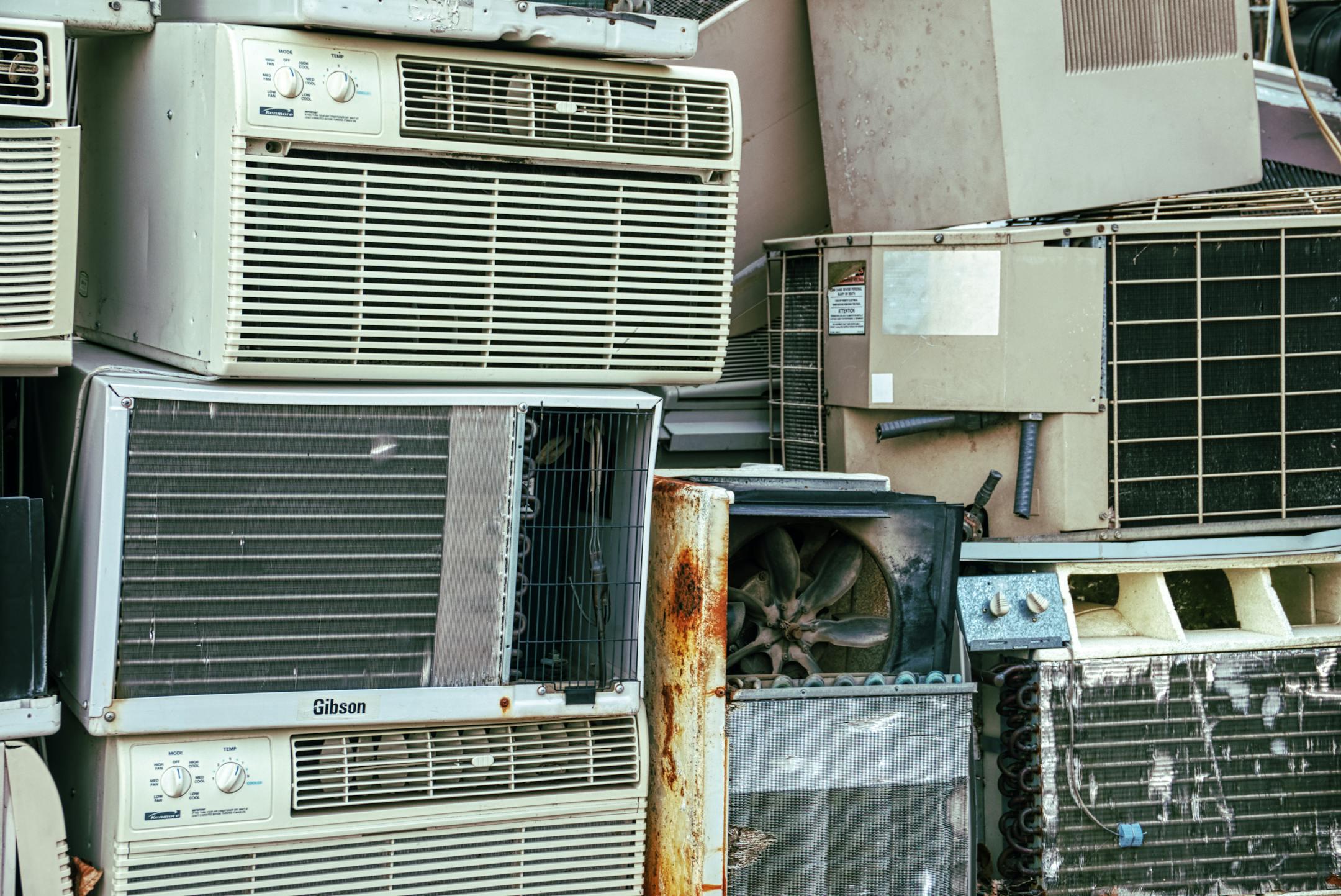
Your AC stopped working—or maybe it’s just not keeping up anymore. Now you're stuck with a question no one wants to deal with:
Do you fix it, or is it time to replace the whole thing?
Knowing when to call for AC unit repair and when to move on from an old system isn’t always clear. But making the right choice can save you money, stress, and more uncomfortable summer nights.
At<a href="https://www.drkoolhvac.com"> Dr. Kool HVAC, we help homeowners figure this out every day. With over 25 years of experience in repairs and installations, we’ve seen what works, what doesn’t, and when a repair is just delaying the inevitable.
Start by asking yourself a few simple questions:
If you’ve noticed one or more of these issues, it’s time to call for an inspection. A licensed technician can tell you what’s wrong and how serious it is.
But even before that call, you can start weighing your options.
Some problems are minor and can be fixed quickly. In these cases, AC unit repair is the smart choice:
Most systems last 12 to 15 years. If yours is still in that range and has been well maintained, it’s probably worth fixing.
If the repair costs less than about 30% of the price of a new unit, it’s usually more cost-effective to fix it.
A one-time compressor replacement or a failed capacitor doesn’t mean your whole system is shot.
If your AC is still reasonably efficient, a targeted repair can restore its performance without the cost of a new install.
There’s a point where repair stops making sense. Here’s how to tell you’re there:
Older systems start to lose efficiency and need frequent service. Even if you fix one issue, another may be right behind it.
If you’ve called for AC unit repair more than once this year, that’s a warning sign. You're likely spending more than you should just to keep it running.
Use the $5,000 rule: Multiply the age of the unit by the repair cost. If the total is more than $5,000, replacement usually makes more sense.
Older AC units lose efficiency over time. Even if they still work, they cost more to run. A new unit could cut those bills significantly.
If your system uses R-22 (also known as Freon), repairs are more expensive and parts are harder to find. That refrigerant has been phased out in the U.S., so switching to a newer unit with R-410A or R-32 is the safer move.
A new system costs more up front, but you get:
It also means fewer breakdowns, no worrying every time it gets hot outside, and one less item on your “fix later” list.
In some cases, it’s okay to do both. You might need an AC unit repair today just to get through the summer—but you can start planning for a full replacement in the off-season.
If you go this route, keep it simple. Avoid costly temporary repairs that don’t actually solve the problem. A good HVAC tech will tell you when a fix is worth it and when you’re just buying time.
We’re a family-owned HVAC company with over 25 years of experience in AC repairs, replacements, and maintenance. Our team doesn’t upsell or guess. We troubleshoot the problem, explain your options, and help you make the best long-term decision.
Here’s what makes us different:
Whether you’re in a tight spot and need fast AC unit repair, or you’re ready to replace an aging system, we’re here to help.
If your AC is struggling now, it won’t fix itself.
The choice between repair and replacement comes down to cost, age, reliability, and energy use. A quick fix might keep things running, but replacing an outdated unit can save you money in the long run. Need help with your AC? Let’s figure out what’s best for your home. Get in touch today for expert advice from Dr. Kool HVAC.
 Jack C. Hvac
Jack C. Hvac